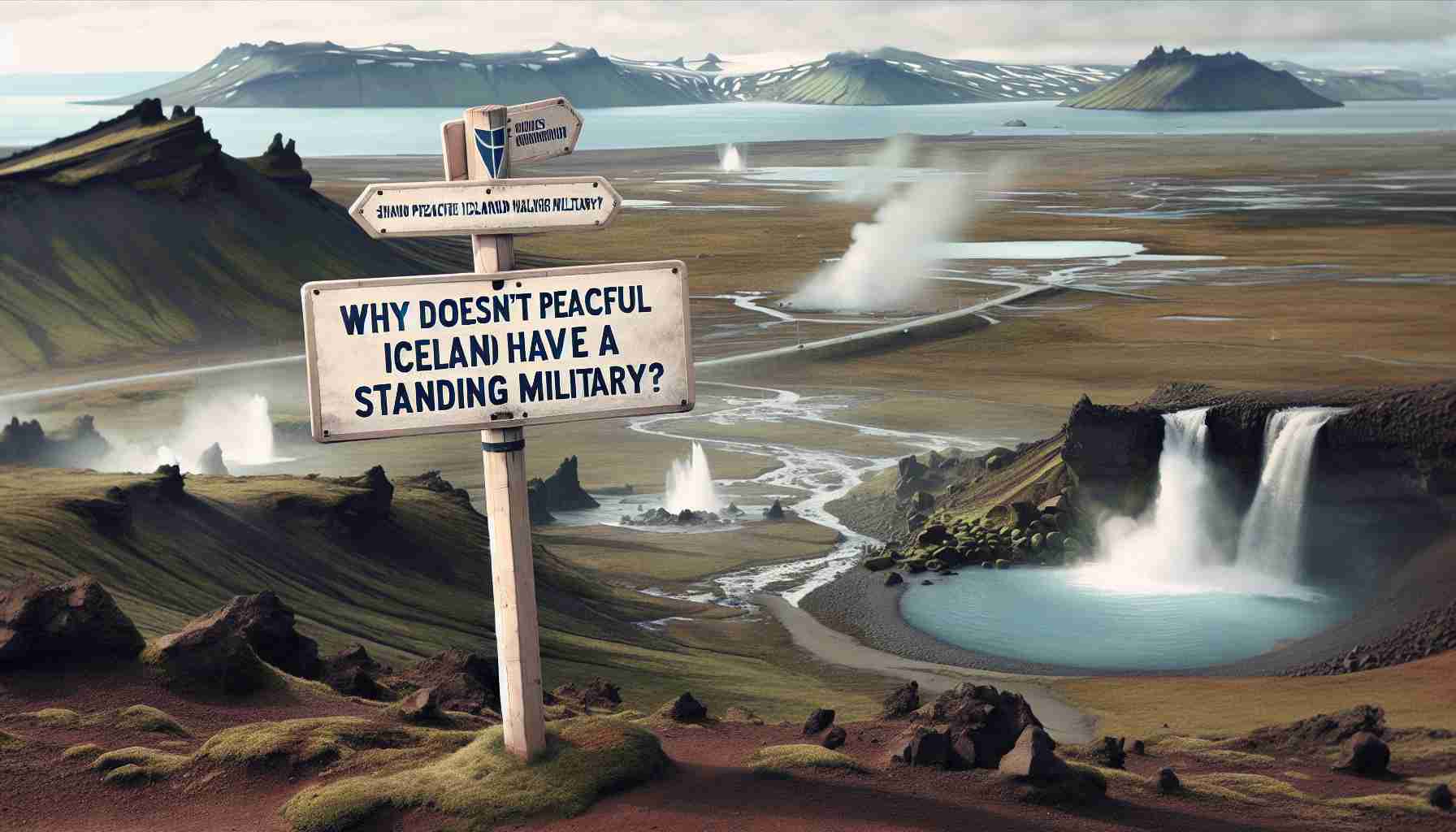Many are surprised to learn that Iceland, a country known for its stunning landscapes and peaceful society, does not have a standing military. Iceland is one of the few countries in the world without a military force, raising questions about how the nation handles its defense and security.
The absence of a standing military in Iceland is rooted in its history and geopolitical strategy. Upon gaining full independence from Denmark in 1944, Iceland opted for a unique approach to national defense. In 1949, Iceland became a founding member of the North Atlantic Treaty Organization (NATO), which meant the country could rely on international alliances for its defense needs.
Instead of a military, Iceland maintains a well-coordinated civil defense system. This includes the Icelandic Coast Guard, which plays a crucial role in ensuring maritime security and managing the nation’s territorial waters. Moreover, Iceland benefits from a defense agreement with the United States, established in 1951, which provides military protection without the need for Iceland to establish its own army.
The lack of a military has not hindered Iceland’s contributions to global peacekeeping. Iceland actively participates in NATO operations and other international peacekeeping efforts, focusing on humanitarian missions and disaster relief.
Iceland’s approach to defense reflects its commitment to peace and diplomacy. This strategy allows the country to channel resources towards social development and environmental conservation, promoting a peaceful existence while ensuring national security through strategic alliances. This unique stance makes Iceland a fascinating study in alternative methods of national defense.
Why Iceland Chooses Diplomacy Over Military Might: A Deep Dive
Despite being one of the few nations without a standing military, Iceland manages its defense through unique strategies. Not only does Iceland rely on NATO and a defense agreement with the USA, but it also showcases a distinct approach towards global security cooperation.
Does Iceland really need a military? This question often arises due to its strategic positioning between North America and Europe. The answer lies in Iceland’s history of peace and strong international alliances, which effectively substitutes the need for a conventional military force.
Interesting Facts and Controversies: Iceland’s unique defense strategy sparks both admiration and skepticism. Some argue that its reliance on international allies might compromise sovereignty, while others view it as an intelligent resource allocation, prioritizing societal and environmental well-being.
Remarkably, Iceland’s Coast Guard fulfills not only traditional roles but also environmental duties such as monitoring fishing activities and conducting search-and-rescue missions. This multifaceted approach demonstrates how non-military organizations can play a pivotal role in national defense.
Advantages and Disadvantages: The advantages of Iceland’s approach include significant savings on military expenditure, which are redirected towards education, health, and environmental projects. However, the downside is potential vulnerability if international defense support fails, a concern highlighted by geopolitical tensions.
For readers interested in broader defense and international relations themes, explore NATO for insights into collective security, and visit The Government of Iceland to learn more about Iceland’s unique policies.
This approach exemplifies how countries can model their defense strategies on cooperation and diplomacy rather than military might.







